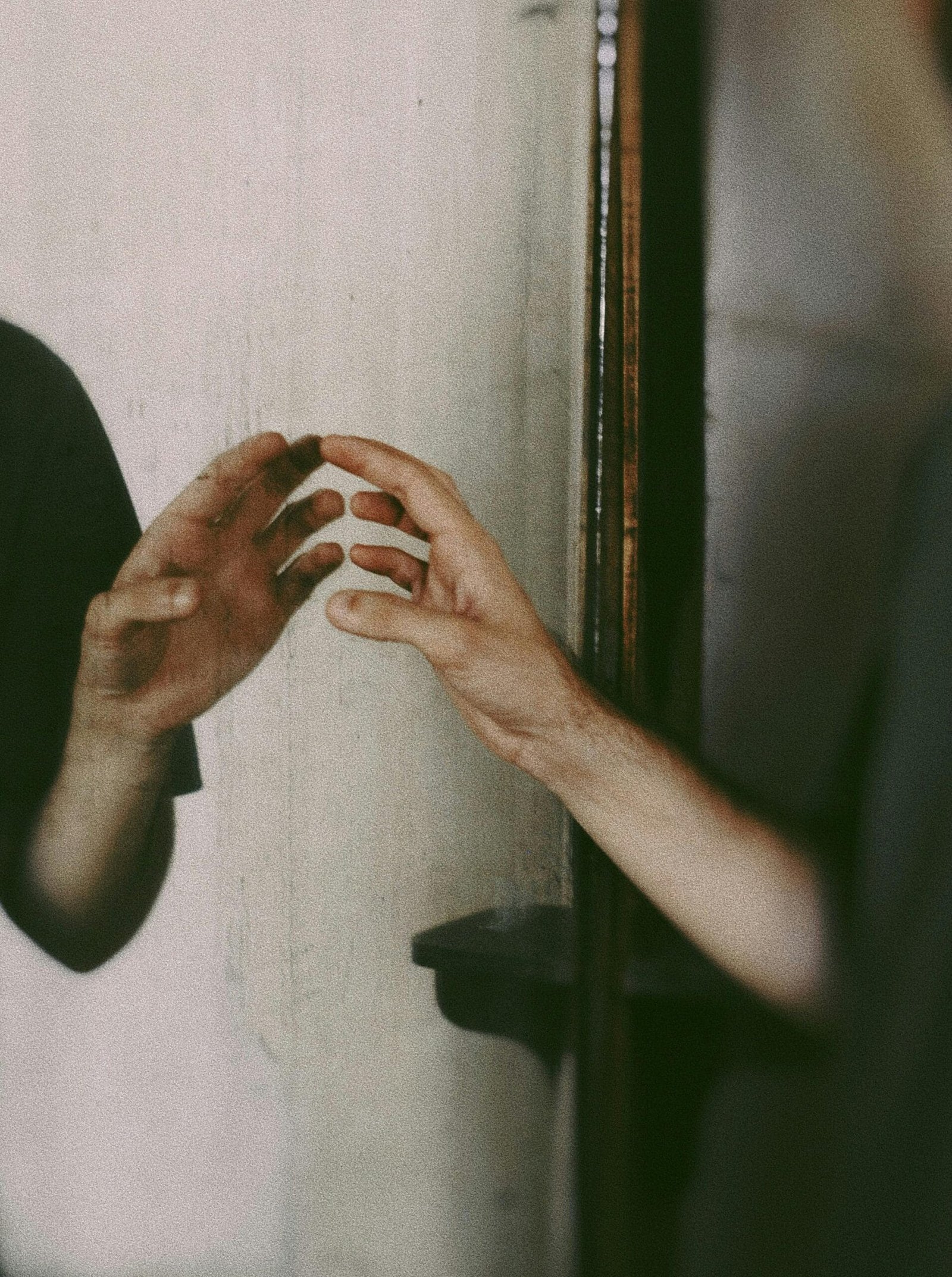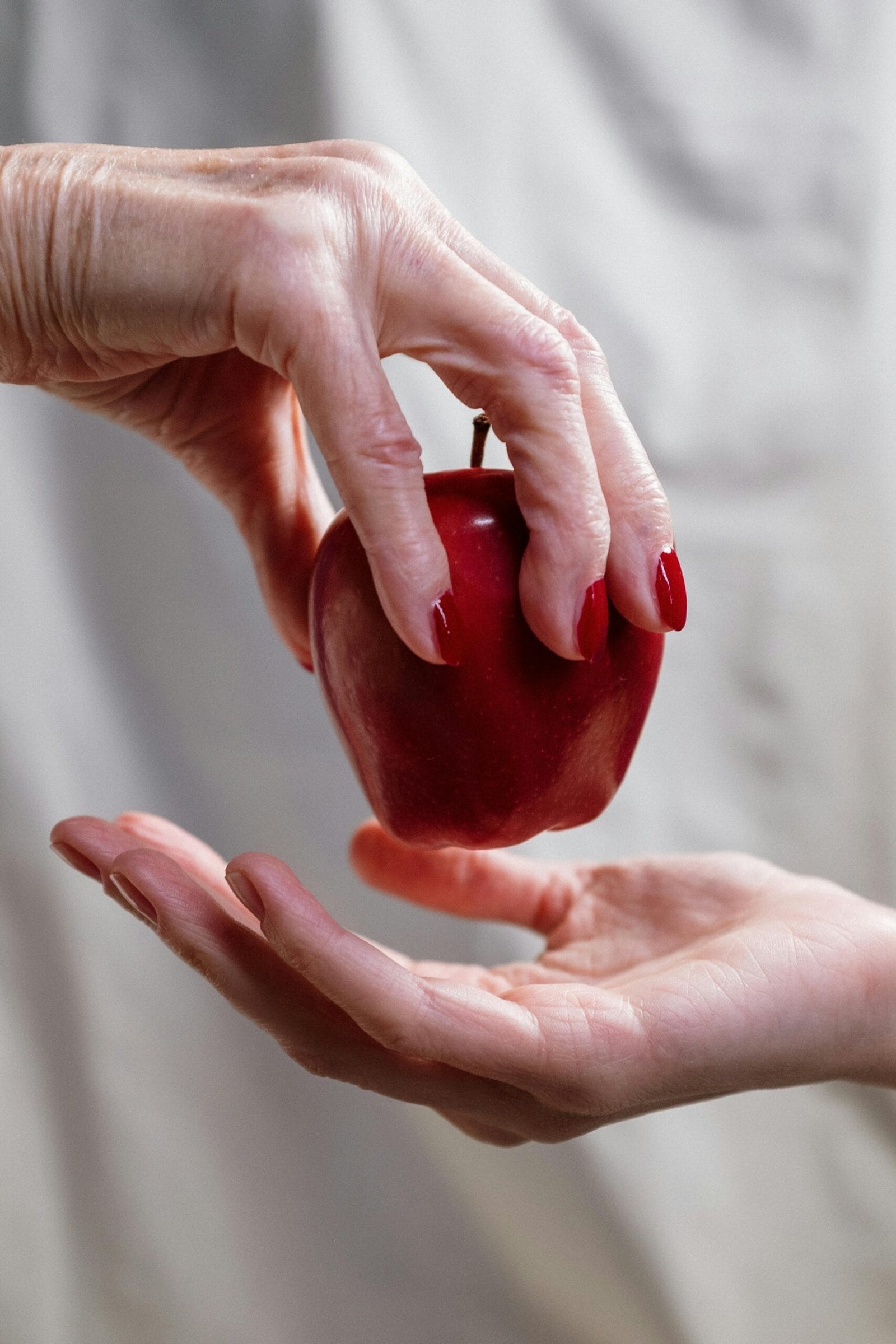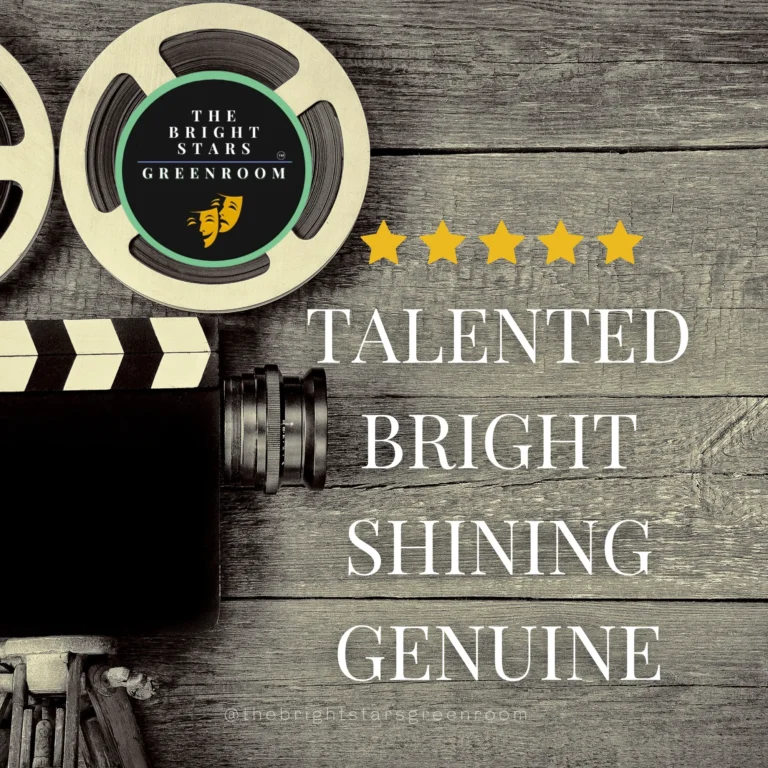Imposter syndrome doesn’t mean you’re faking it… it means you’re connected to your craft.

If you’ve ever walked off stage, or out of a studio, rehearsal, or recording booth and thought…
“Who am I to be doing this?” or something along the lines of: “I’m just not good enough.” You’re not alone!
In fact, if that thought has visited you more than once, it might be a quiet sign that you’re actually doing something right!!!
That uncomfortable self-doubt? That whisper of not being good enough? It’s not a red flag. It’s a reflection of how deeply you care about your craft.
Let’s get one thing straight:
Imposters don’t get imposter syndrome.
Read that again and let it sink in…. Imposters don’t get imposter syndrome. That’s because they don’t care!
They’re not pacing the floor before a performance, worrying if they’ll connect with the audience.
They’re not spending late nights refining monologues or tweaking choreography.
They’re not asking, “Am I honoring this moment? Am I doing justice to this character, this story, this experience?”
But you are. You ask those questions because you’re not coasting, you’re committed. You actually do care about what you put out into the world.
What Imposter Syndrome Really Means

The term imposter syndrome has been thrown around a lot lately, often as a buzzword for people, especially creatives, who feel like they’re not qualified, not ready, or not “legit” enough to take up space in their chosen field.
But it’s simply not true! Instead of thinking you’re not suppose to be doing what you are trying to persue, think of it this way:
Imposter syndrome isn’t a sign that you’re faking it, it’s a sign that you’re feeling it. Deeply.
It means you have an inner standard – a vision for excellence. It means you value what you’re doing, and you don’t want to just show up halfway.
It’s not rooted in inauthenticity, it’s rooted in integrity.
You’re not afraid of being exposed as a fraud.
You’re afraid of falling short of what you know you’re capable of.
That’s a very different thing!
The Performer’s Inner Dialogue

As performers, we live in the tension between expression and exposure. Our job is to show up fully, often in front of others, and offer something vulnerable, real, and emotionally resonant.
It’s no wonder we sometimes feel like we’re being watched under a microscope. It’s no wonder fear creeps in.
But that fear isn’t failure. It’s a natural response to caring to stepping toward your growth edge.
If you didn’t care, you wouldn’t feel nervous. You wouldn’t question your work. You wouldn’t be so deeply invested in refining, learning, growing.
The very presence of imposter syndrome is proof that you’re not coasting through this.
You’re trying. You’re pushing yourself. You’re not settling.
And that, in itself, is powerful.
A Myth That Hurts Us: “The Confident Performer”

There’s a persistent myth in performance culture… that the best artists are born with confidence, and that real talent means never feeling insecure.
This myth is not just unhelpful, it’s harmful.
The fact of the matter is, some of the most seasoned and celebrated performers struggle with imposter syndrome.
They question themselves, too. They wonder if they’ve still “got it.” They fear being judged, misunderstood, or miscast.
Confidence is not a prerequisite for artistry, it’s often the result of doing the work despite the doubt.
True professionalism isn’t about never wavering.
It’s about continuing to show up, prepared, intentional, and present, even when your inner voice is unsure.
My Own Greenroom Moments
I’ve experienced imposter syndrome in some of the most surreal and unforgettable places:
Dressed in a mermaid tail backstage at Ripley’s Aquarium, preparing to perform in front of wide-eyed children.
Moments before diving into an underwater set at SeaWorld, breath held, heart racing.
Sitting alone in a voiceover booth, wondering if my performance would land.
And every time, I felt it: that inner voice saying, “Are you really good enough for this?”
But over time, I’ve learned not to panic when that voice shows up. I’ve learned to greet it like an old, familiar friend… the kind that shows up when you’re about to do something meaningful!
Imposter syndrome didn’t mean I wasn’t ready. It meant I was stepping into something I cared about deeply. I cared about telling the story. To give it the justice it deserves! I take pride in my work, and I know you do too!
That greenroom – whether it was a literal backstage room or a moment of breath before a performance, became sacred. It became the place where I learned to breathe through fear, to honor my preparation, and to re-align with my why.
It’s why I created The Bright Stars Greenroom. To give actors and artists of all kinds a place to break free from their self-doubts and step into their confidence of belonging!
Reframing Self-Doubt as Artistic Integrity
So often, we hear, “You need to get rid of imposter syndrome to succeed.”
But what if the goal isn’t to eliminate it?
What if the goal is to understand it, work with it, and let it sharpen our awareness and deepen our commitment to the work?
That voice of doubt? It’s not always a saboteur. Sometimes, it’s a call to connect more deeply to your message, your preparation, your presence.
And here’s something else: the most powerful performers aren’t necessarily the ones who never doubt themselves.
They’re the ones who know how to move through it. Who let their vulnerability fuel their artistry, not limit it. It’s something that takes time, but you can achieve it!
Three Powerful Reframes for Performers Facing Imposter Syndrome
1. Doubt is Not Disqualification
Feeling unsure doesn’t mean you’re unqualified. It means you’re stretching. You’re growing. You’re living at your growth edge, and that’s where the best performances are born!
2. Caring Deeply Is Your Superpower
You question yourself because you want to bring your best. That’s not weakness, it’s integrity. It’s what separates real performers from those going through the motions. Own it and celebrate being true to your craft!
3. The Real Work Happens Behind the Scenes
Confidence isn’t created onstage, it’s cultivated in the quiet, often unglamorous moments before. In your training. In your craft. In your self-reflection. That’s where your true preparation lives.
Let Caring Be Enough
At the end of the day, the work we do in performance, storytelling, creation is not about flawless execution.
It’s about showing up.
It’s about connection.
It’s about translating something human and true.
So the next time you feel like a fraud, pause. Ask yourself, “Is this fear showing up because I’m faking something… or because I care deeply about getting it right?”
That distinction changes everything.
If you care, you belong here.
If you’re invested in your work, your growth, your craft, then imposter syndrome isn’t proof that you’re failing, it’s proof that you’re in it for real.
And that, my friend, is what makes you a true artist!
Want to explore more on showing up fully in your craft? Browse the blog archive for more reflections, tools, and behind-the-scenes stories from life as a performer.


